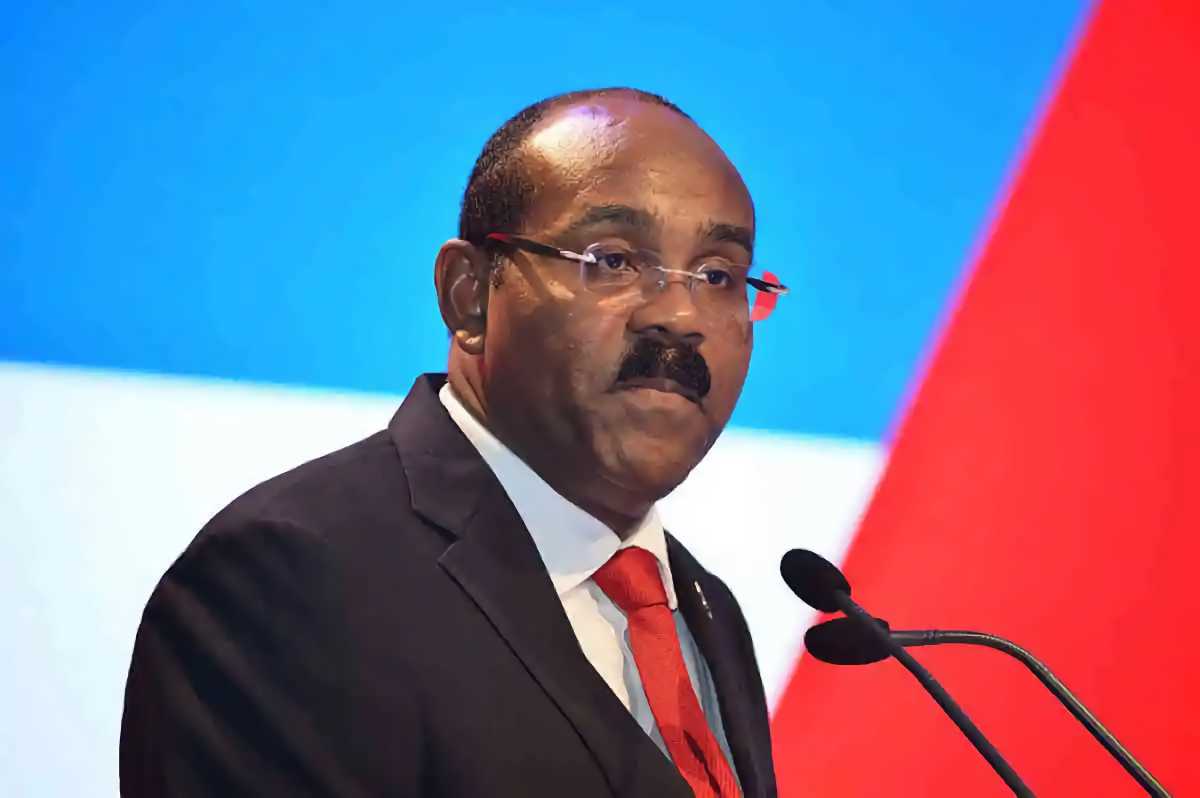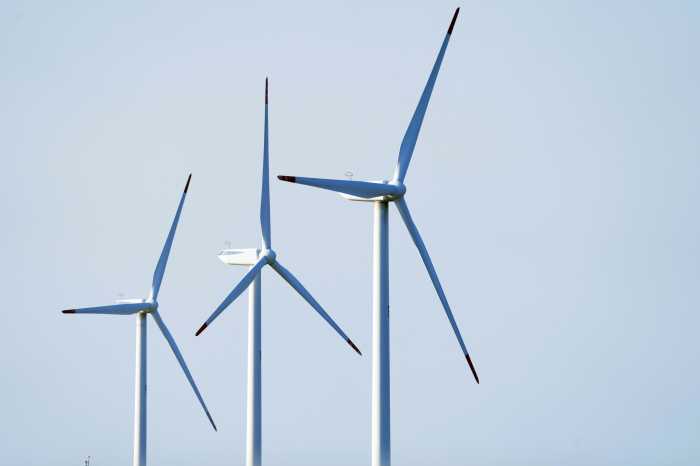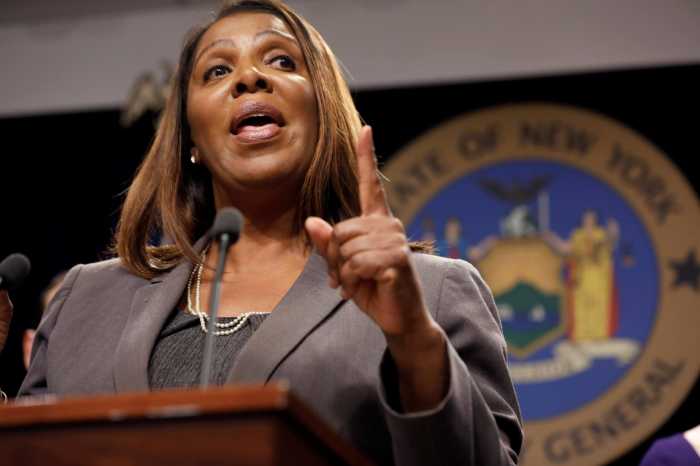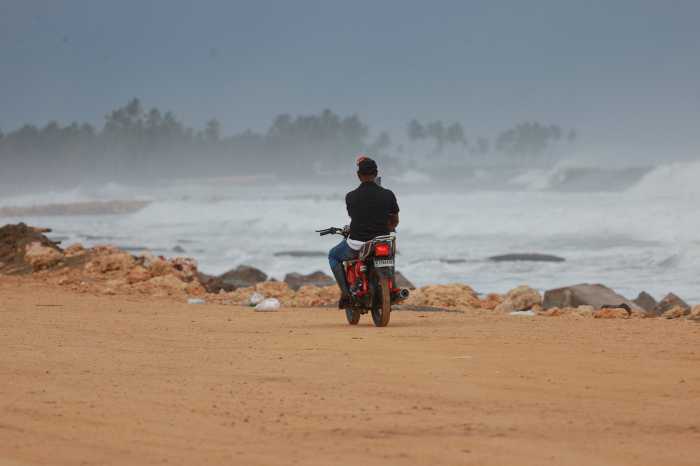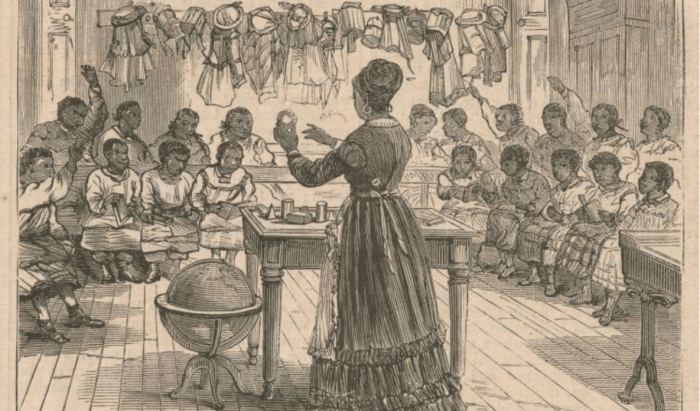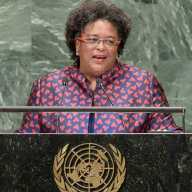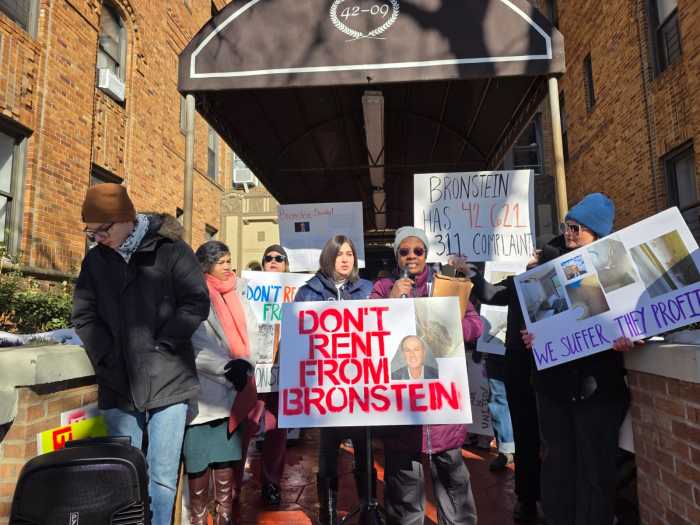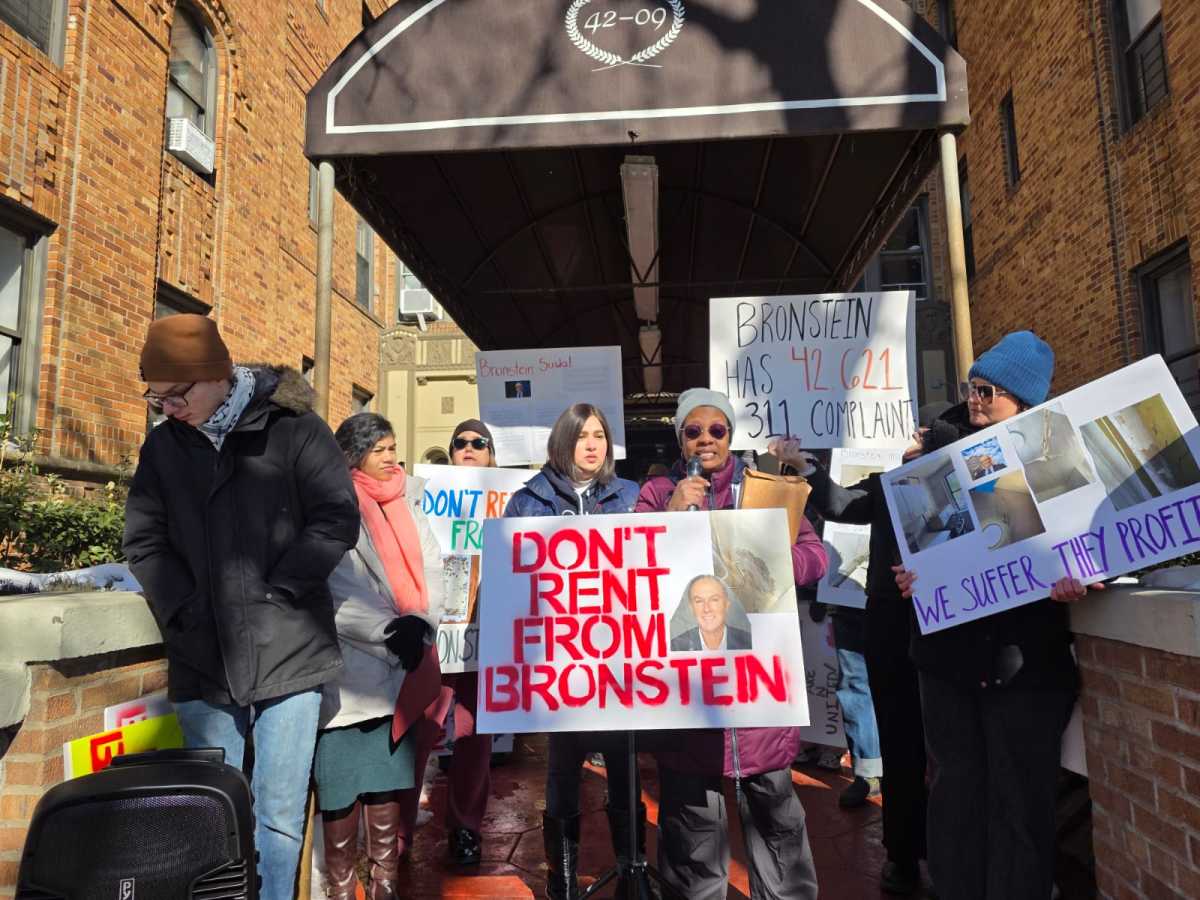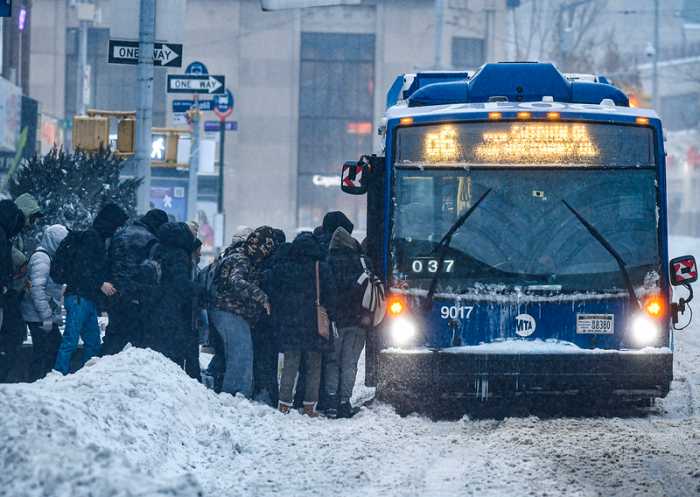Caribbean leaders and United Nations Secretary General, Antonio Guterres this week used the opportunity of the opening sessions of a conference of climate change victim nations in the region to bash the developed world for the horrors of climate change, alleging that the larger states are lying about their intentions to help them deal with devastating changing climate and weather patterns.
Prime Minister Phillip Davis of The Bahamas and host colleague Gaston Browne of Antigua wasted little time and were not diplomatic in criticizing nations like the US, the UK and China for not honoring pledges to help victim nations pay for rebuilding their infrastructure after devastating storms and other climatic events. The 4th conference of Small Island Developing States (SIDS) is scheduled to end on Thursday.
“The Bahamas is burning. Bushfires stubbornly burn throughout our islands in the heat of the Bahamian dry season. The flames have scorched our coppice and pine forests, unleashing an ashy haze that has spread across our communities,” Davis told the conference.” Bahamians living near these fires have been forced to breathe smoke-filled air and endure these hazardous conditions. At one point, the bushfires seriously compromised our visibility, forcing the international airport to temporarily halt all incoming and outgoing air traffic for several hours. Our fear is that this new, fiery reality will become the norm, and April showers will now be replaced by May blazes,” he said.
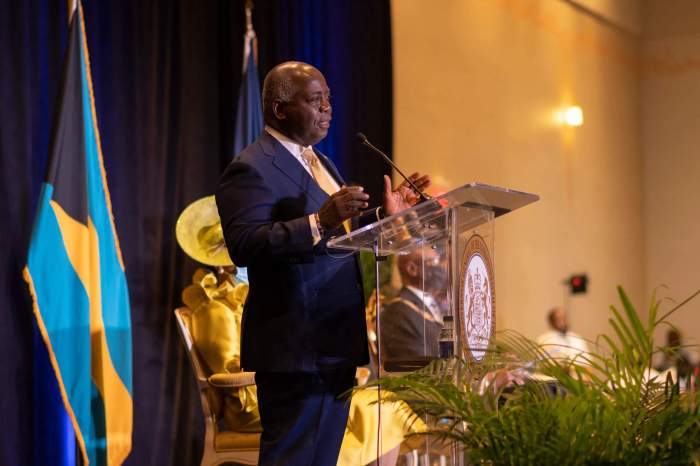
The SIDS grouping comprises nearly 40 small island states and low-lying mainland countries. The grouping first appeared in the early 90s to champion the cause of developing states. Officials say the body is now more relevant than ever with climate change issues taking the center stage at nearly every multinational forum and at most major conferences around the globe.
As they bashed the developed world for reneging on pledges to finance climate change adaptation and resilience, the UN chief joined in the chorus of complainants, noting that the SIDS states have no choice but to fight back. “The idea that an entire island state will become collateral damage for profiteering by the fossil fuel industry or competition between major economies is simply obscene,” he said, noting that the countries had “every right” to demand better financing options and adequate contribution to a “loss and damage fund.” SIDS are a test case for climatic and financial justice. With the 1.5 degree limit in temperature rise already fast approaching, we cannot accept the disappearance of any country or culture under the rising waves.”
Not to be left out as expected, was PM Browne. He argued that SIDS states are among the most susceptible to climate change and its effects, noting they have to recover from crises using their own funds when in fact the polluters should be made to pay. “Our inherent vulnerabilities, characterized by small size, limited financial resources, and constrained human capital, place us at a marked disadvantage on the global stage, with the scales of equity and justice unevenly balanced against us. Continuing with business as usual is not just negligence; it is an active choice that invites disaster. We stand at a juncture where our actions, or our failure to act, will dictate the fate of SIDS, as well as the legacy we leave for future generations. It is imperative that we act now, not tomorrow, but today with conviction and with unyielding resolve,” he said.


